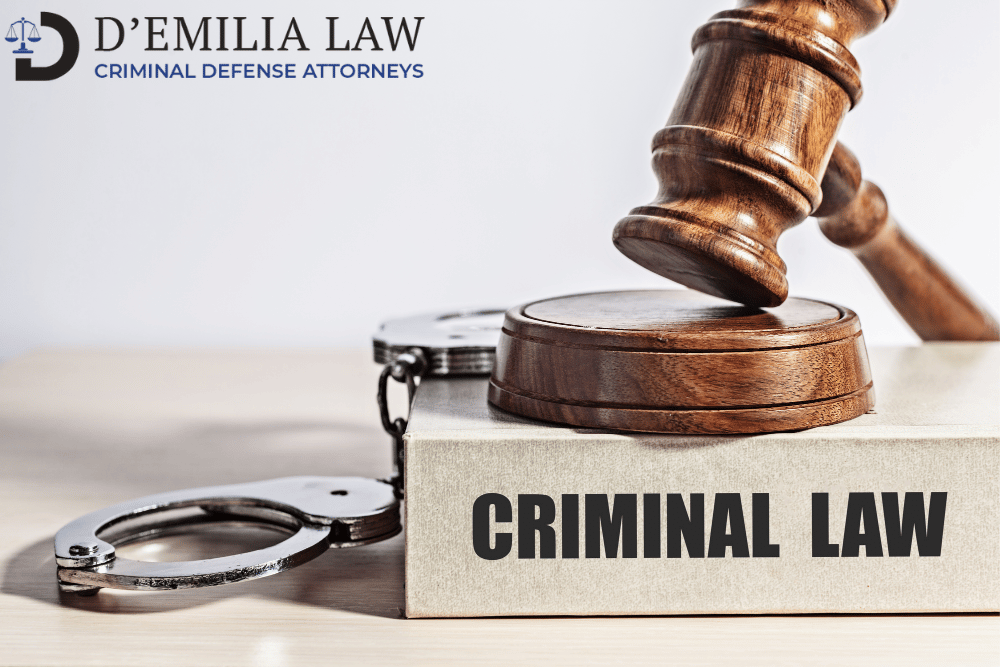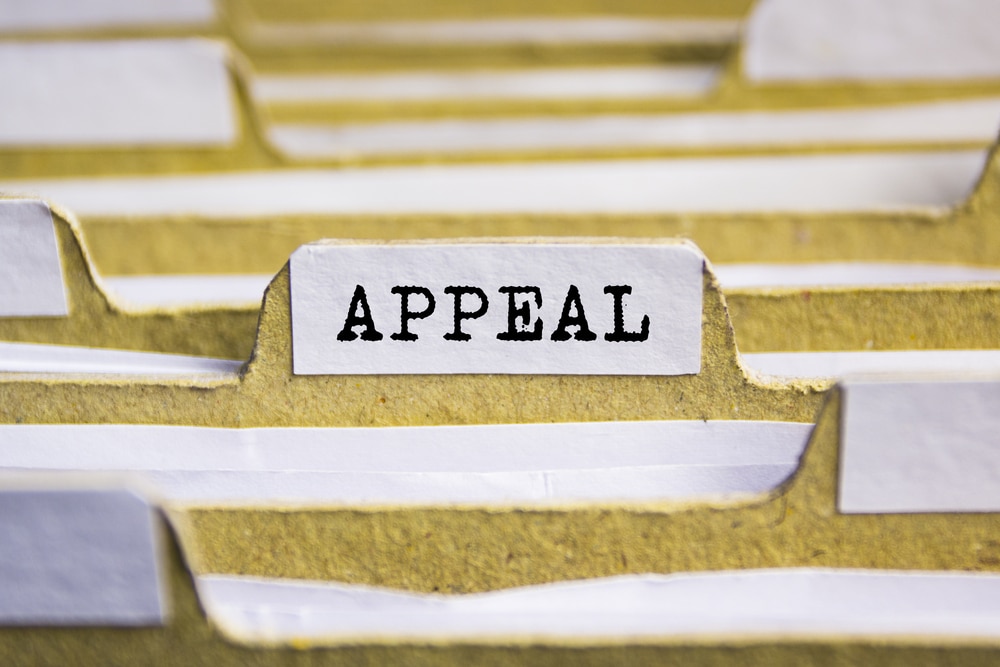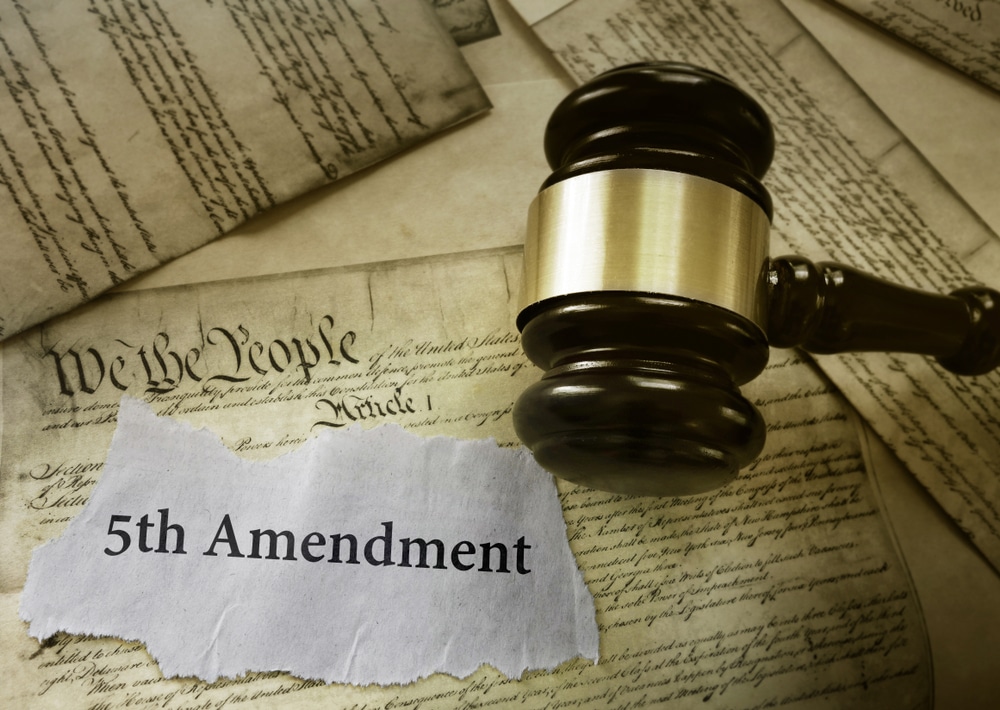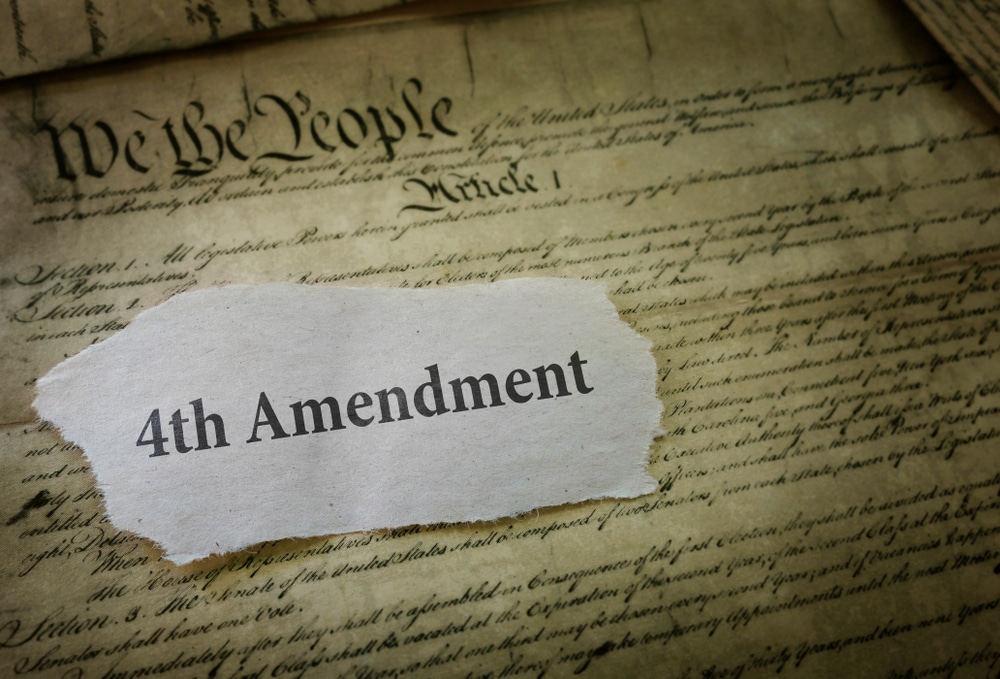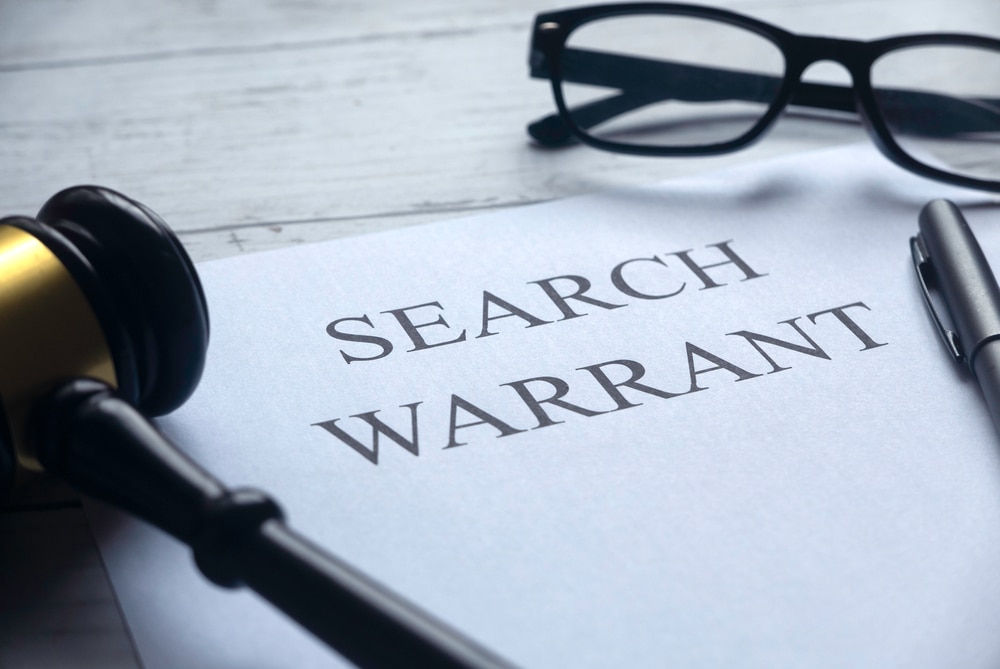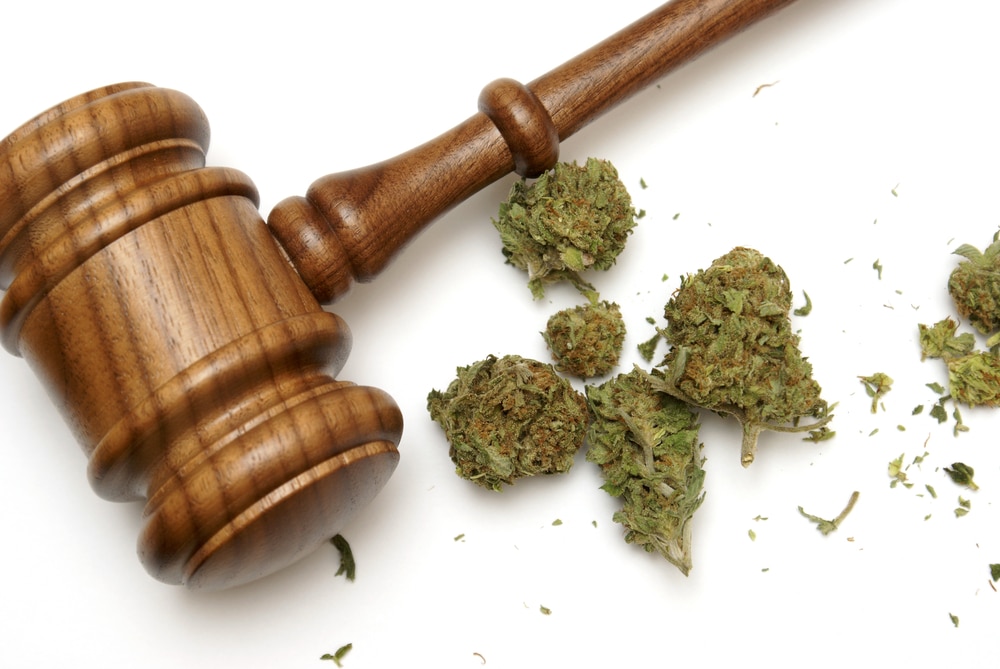While every criminal defense case is different, most follow a similar path in the NY legal system.
Every defendant should have a basic knowledge of criminal procedure in the event they are ever arrested or need an NYC criminal defense lawyer. Even if you have never been arrested before, this information will help manage expectations for everyone involved, including the defendant, their family, and your lawyer.
Below are the usual stages of a criminal defense case in New York, with some additional information that may be useful following an arrest.
- Arrest. You may be arrested if you are witnessed committing a crime or if law enforcement believes there is probable cause. You will be brought into custody, fingerprinted, and held in a cell until you are arraigned.
- Arraignment. An arraignment is held in court within 24 hours of an arrest and charts the course for your case. Here, the prosecution formally informs a defendant of charges contained in an indictment or information and takes the defendant’s answer to those charges in the form of a plea. This is where someone can plead guilty or not guilty, and accept the legal aid of a public defender or state their need for a criminal defense lawyer in NYC. If your lawyer is unavailable at the time, the arraignment may be rescheduled.
It is also during an arraignment when your defense lawyer will file a statement according to Section 190.50 of New York’s criminal procedure, which indicates your desire to testify before a grand jury. It is always best to discuss your wishes with your lawyer beforehand; your criminal defense lawyer may strongly advise for or against doing so depending on the strength of the prosecution’s case.
- Bail or Bond. A judge will set bail or bond during the arraignment. Bail is the fee a defendant must pay in order to stay out of jail, whereas a bond is posted by someone else on the defendant’s behalf. The bail or bond amounts will depend on the severity of the charges.
There is also the possibility you will be released on your own recognizance, and not have to pay bail or post bond. This agreement is reached if you promise in writing to appear in court for all proceedings. If you do not keep true to your word, the judge may issue a bench warrant, and reinstate bail, bond, or confinement.
But bail can always be revisited by the judge, prosecution or defense. For example, if bail was set at $10,000 and you are held in jail ahead of trial, your criminal defense lawyer will likely argue to have bail dismissed, under the pretense that the matter will be resolved in a “non-jail disposition,” such as agreeing to reduced charges.
- Pre-Trial Motions. Most strategy-based criminal defense lawyers will try to find a resolution ahead of any formal trial motions. They will try to have evidence dismissed and charges reduced. It is often at this stage when a mutually agreeable resolution can be reached with a prosecutor, and for good reason. There has not been a major amount of time invested in the case.
This is where D’Emilia Law’s experience is extremely useful. As former prosecutors, we know how the state thinks and how they want to allocate their resources. If yours is not a high-profile or serious felony charge (like first-degree murder or rape), then it is the best opportunity for both sides to negotiate, and where D’Emilia Law has frequently secured favorable outcomes. Plea negotiations can last from pre-trial motions into the trial itself.
- Discovery. Discovery is a critical part of the pre-trial process that allows the defense to see the evidence that the prosecution is using to build its case. This includes police paperwork, grand jury testimony, forensics, video, witness statements, e-discovery of digital and electronic files (like emails and texts), and more. Your criminal defense attorney will secure this information so that the prosecution meets its statutory requirements. This also limits any major surprises during a trial.
- Trial. Your criminal defense lawyer should always prepare for trial, even as they negotiate on your behalf. There are always times when the defense and prosecution cannot or will not successfully negotiate a plea, and a trial begins. The verdict determines if you are convicted or acquitted of one or all charges.
- Sentencing. Trials often conclude with the sentencing determined by the judge based on the verdict. This may not always include jail or prison time; probation, rehabilitation, and community service may be ordered in lieu of a sentence for a felony. If you are found guilty of a misdemeanor, your sentence could be relegated to a fine or probation. This, of course, is purely subjective and varies from case to case. It depends on the knowledge and abilities of your criminal defense lawyer NYC, legal precedent, and the judge presiding over your case.
- Appeal. Even after a verdict has been rendered and a sentence has been handed down, you have the right to appeal. You may remain with your lawyer or find a new one. Appeals can be a long process that may begin while you are serving your sentence.
This is a brief overview of typical criminal proceedings, but remember that each case is unique and will need particular skills.
D’Emilia Law maintains that an arrest is not the end of your life. It is not the same as a conviction. A strong and strategic defense can uphold your innocence, keep you out of jail and reduce your charges and fines.
If you or a loved one has been charged with any crime in New York, contact D’Emilia Law, criminal defense lawyers in NYC, for a consultation.

